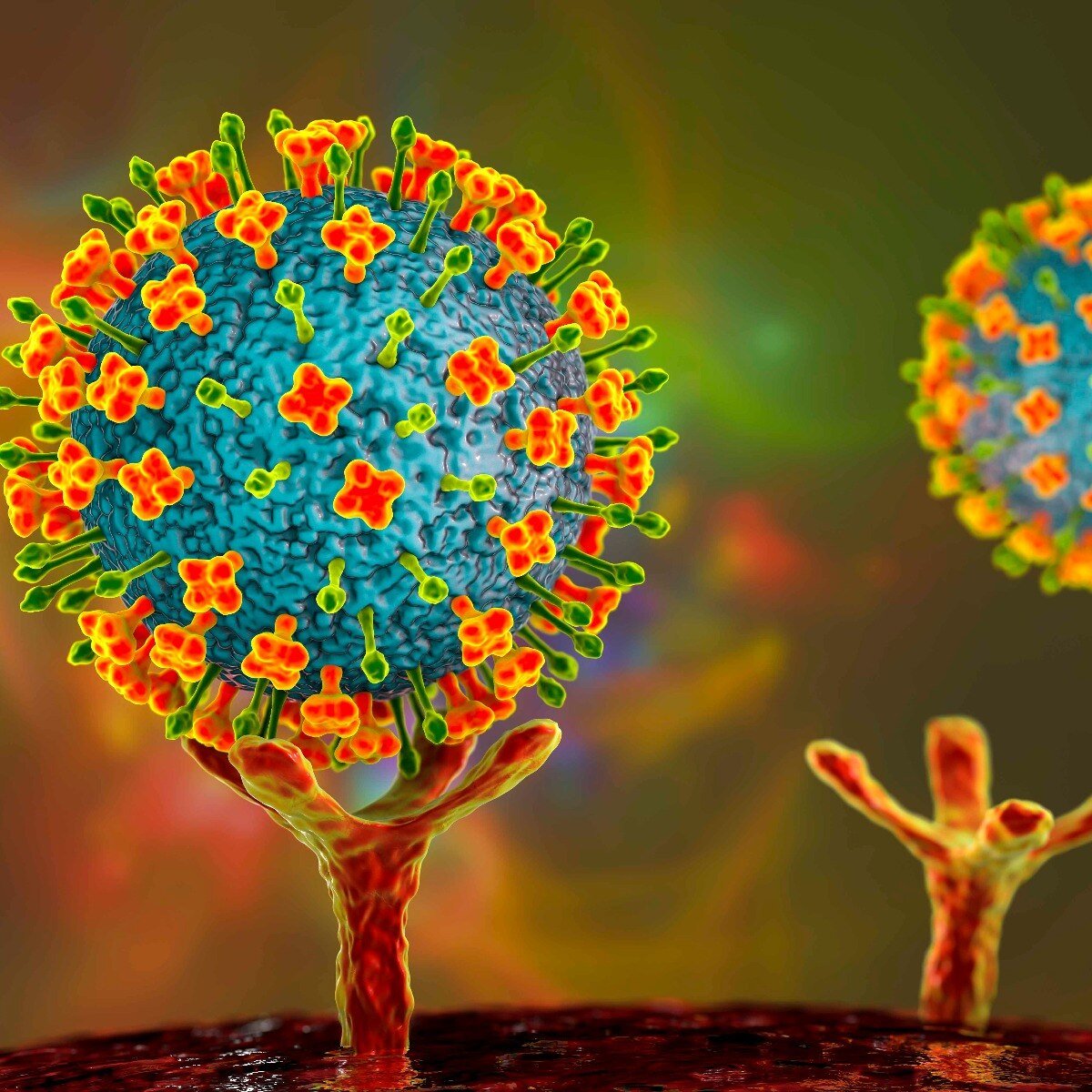With a concerning rise in syphilis cases among newborns in the United States, the American College of Obstetricians and Gynaecologists is advocating for expanded screening protocols for pregnant patients. The new guidance recommends screening expectant mothers three times during pregnancy to detect and prevent the transmission of the sexually transmitted infection.
According to the updated guidance issued by the American College of Obstetricians and Gynaecologists, pregnant patients should undergo syphilis screening at their first prenatal visit, during the third trimester, and again at the time of birth. While the screenings are not mandatory, healthcare professionals typically adhere to the recommendations provided by the group.
Dr. Laura Riley, Chair of the Department of Obstetrics and Gynaecology at Weill Cornell Medicine and a contributor to the guidance, emphasized the urgent need for improved diagnostics and treatment to address the escalating cases of congenital syphilis. She highlighted the preventable nature of the disease and stressed the importance of proactive measures to curb its spread.
Previously, the group advised a single syphilis test during the third trimester, primarily for women deemed at risk or residing in communities with high rates of syphilis. However, this approach has proven insufficient, leading to missed cases and subsequent complications.
Recent data from the Centers for Disease Control and Prevention (CDC) revealed a significant surge in congenital syphilis cases in 2022, with over 3,700 affected newborns – the highest number in more than three decades. The CDC emphasized the critical role of prevention strategies, including timely screening, which involves a blood test.
The OB-GYN group’s advisory underscores the CDC’s findings, stating that nearly 90% of congenital syphilis cases in 2022 could have been prevented through timely screening and treatment.
Syphilis infections during pregnancy are typically treated with multiple doses of penicillin. Untreated syphilis in expectant mothers can lead to severe complications for newborns, including stillbirth, neonatal death, and various birth defects such as bone deformities, anaemia, blindness, or deafness.
Dr. Riley expressed hope that the new recommendations will be taken seriously, emphasizing the devastating impact of congenital syphilis on affected children and families. She urged healthcare providers and expectant mothers to prioritize screening and preventive measures to safeguard maternal and infant health.



